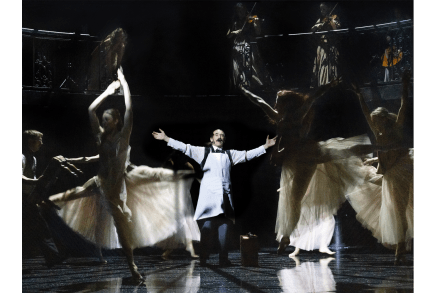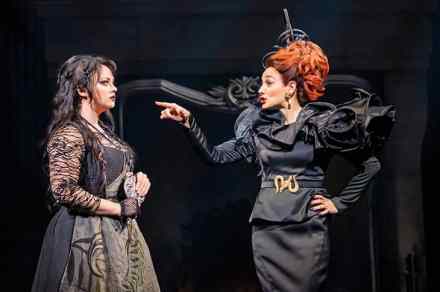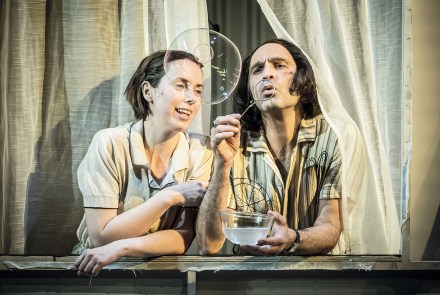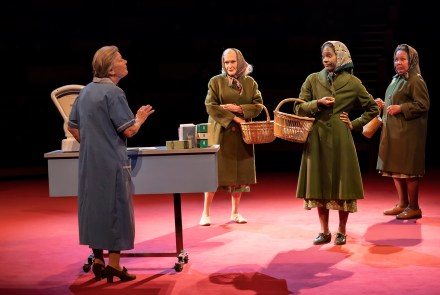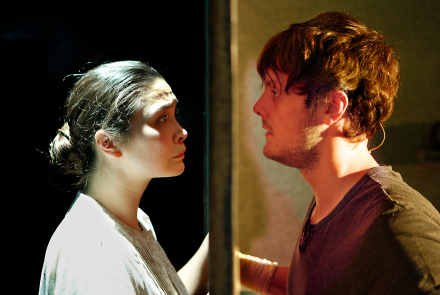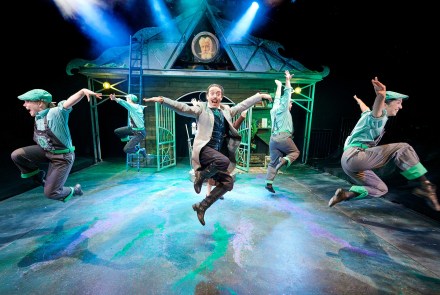Like an episode of Play School: Dr Semmelweis, at the Harold Pinter Theatre, reviewed
Bleach and germs are the central themes of Dr Semmelweis, written by Mark Rylance and Stephen Brown. The opening scene, set in the 1860s, presents the harmless old doctor as a charming oddball who adores playing chess with his happy, clever wife. This is code: Semmelweis is an intellectual and a feminist whom it’s safe to like. We flip back to 1837 and meet Semmelweis as a student at a Viennese maternity hospital where the male doctors kill three times as many patients as the female nurses. How come? Well, the males sport filthy aprons spattered with their victims’ blood while the nurses wear freshly laundered habits. So the high
